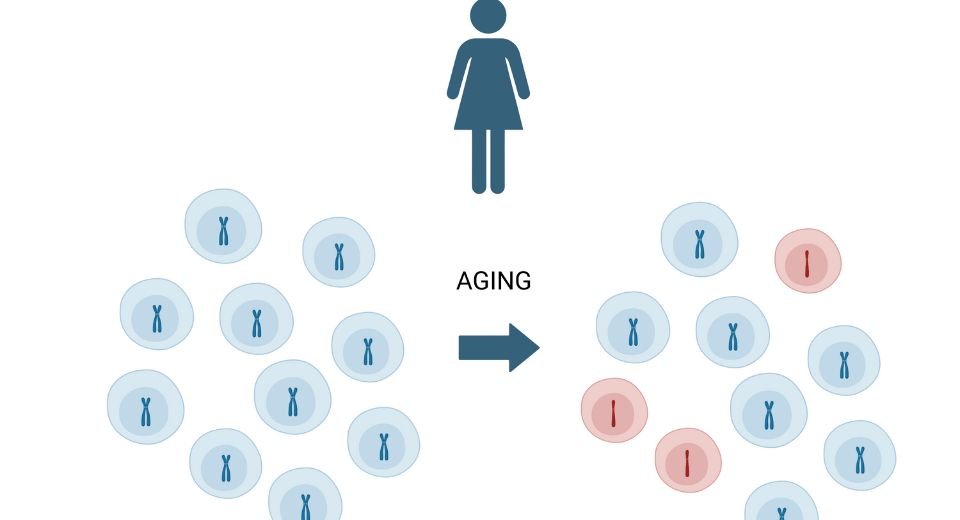HQ Team
June 13, 2024: Researchers co-led by the US-based National Cancer Institute have found genetic variants in older women that may play a role in promoting abnormal blood cells, leading to many diseases including cancer.
These variants can predict the loss of a copy of a woman’s two chromosomes as she ages —a phenomenon called mosaic loss of chromosome X or mLOX, according to a statement from the NCI.
Mosaicism occurs when a person has two or more genetically different sets of cells in his or her body. If the abnormal cells begin to outnumber the normal cells, it can lead to disease that can be traced from the cellular level to affected tissue, like skin, the brain, or other organs.
Researchers analysed circulating white blood cells from 883,574 female participants across eight biobanks, of whom 12% had the condition.
Autoimmune diseases
They identified 56 common genetic variants—located near genes associated with autoimmune diseases and cancer susceptibility—that influenced whether mLOX developed.
These variants had roles in chromosomal missegregation, cancer predisposition and autoimmune diseases.
Additionally rare variants in a gene known as FBXO10 were associated with a doubling in the risk of mLOX.
In women with mLOX, the investigators also identified a set of inherited genetic variants on the X chromosome that were more frequently observed on the retained X chromosome than on the one that was lost.
“These variants could one day be used to predict which copy of the X chromosome is retained when mLOX occurs,” according to the statement.
Elevate blood cancer risk
“This is important because the copy of the X chromosome with these variants may have a growth advantage that could elevate the woman’s risk for blood cancer.”
The researchers also looked for associations of mLOX with more than 1,200 diseases and confirmed previous findings of an association with an increased risk of leukaemia and susceptibility to infections that cause pneumonia.
The study, ‘Inherited genetic factors may predict the pattern of X chromosome loss in older women,’ co-led by researchers at the National Cancer Institute, part of the National Institutes of Health, was published June 12, 2024, in Nature.
The scientists recommended that future research should focus on how mLOX interacts with other types of genetic variation and age-related changes to potentially alter disease risk.
“Every mosaic situation has to be treated individually,” says Saquib Lakhani, MD, clinical director of the Yale Medicine Pediatric Genomics Discovery Program (PGDP). “If a patient has a disease related to mosaicism, it has to be managed and understood in the context of that particular disease.”
